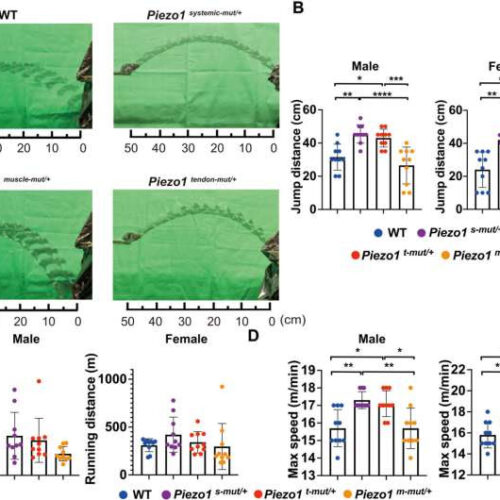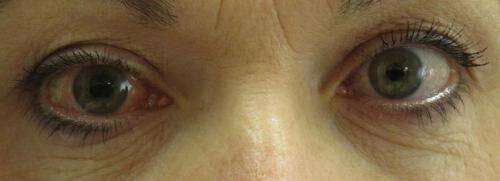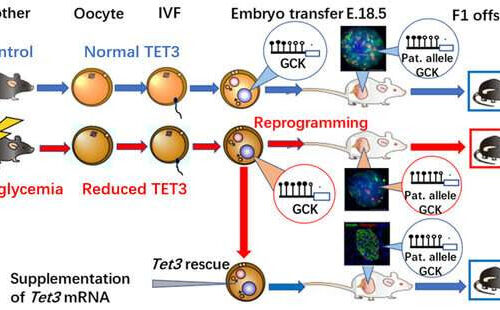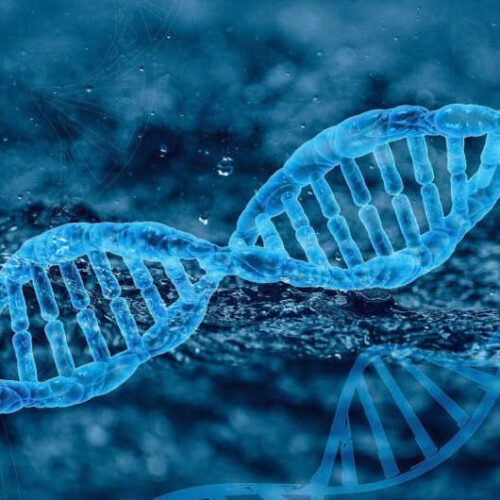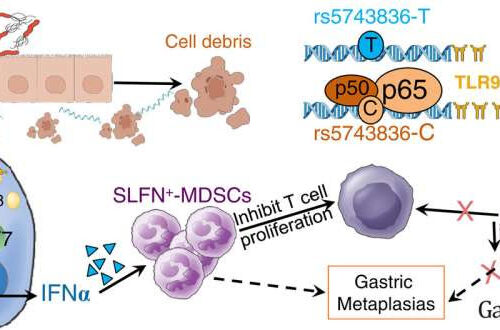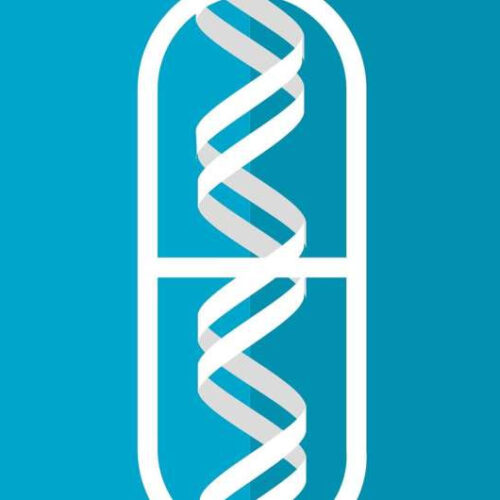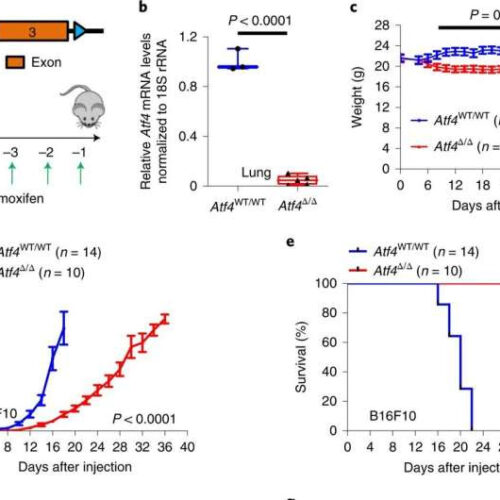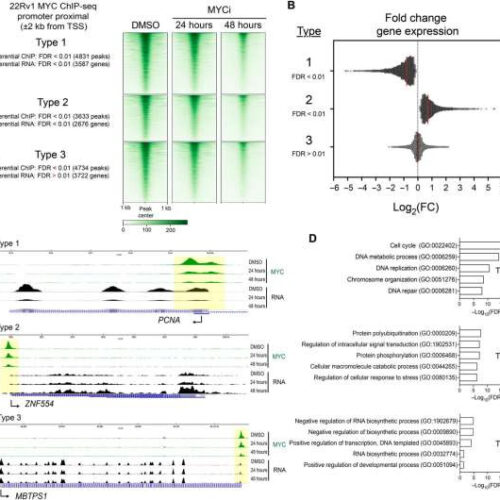by The Scripps Research Institute Tendon-specific R2482H Piezo1 enhances jumping power and maximum running speed in mice. (A) Representative images of jumping in WT, Piezo1systemic-mut/+, Piezo1tendon-mut/+, and Piezo1muscle-mut/+mice. (B) Maximum jumping distance of each mouse. Male and female. n = 10 of each. Error bars represent SDs; *P < 0.05, **P < 0.01, ***P <...
Category: <span>Genetics</span>
Stem cell research reveals detailed genetic roadmap of glaucoma
by University of Melbourne Acute angle closure glaucoma of the right eye (intraocular pressure was 42 in the right eye). Credit: James Heilman, MD/Wikipedia A new, detailed genetic roadmap of glaucoma—the world’s leading cause of irreversible blindness—will help researchers develop new drugs to combat the disease, by identifying potential target areas to stall or reverse...
Scientists discover intergenerational ‘memory’ mechanism of diabetes
by Zhejiang University Schematic diagram of maternal epigenetic mechanism of glucose intolerance caused by TET3 dysfunction. Credit: Team led by Prof. Huang Hefeng Symptomatic treatment has been a common approach to chronic diseases in the past. For example, diabetes is treated by controlling the increase of glucose and alleviating various diabetes-induced complications with insulin. How...
Stem-cell models reveal glaucoma secrets
GARVAN INSTITUTE OF MEDICAL RESEARCH Stem cell models of the retina and optical nerve have been used to identify previously unknown genetic markers of glaucoma, in research jointly led by scientists from the Garvan Institute of Medical Research, the University of Melbourne, and the Centre for Eye Research Australia. The findings open the door to...
New mapping technique helps scientists run circles around cancer by revealing roots of esophagus and stomach cancers
by Van Andel Institute Credit: Pixabay/CC0 Public Domain Rampant inflammation has long been linked to cancer but exactly how it pushes healthy cells to transform into malignant ones has remained a mystery. Now, scientists at Van Andel Institute have found one culprit behind this connection: oxidative stress, a process that disrupts the genetic code by...
Gene variation may be early indicator for gastric cancer
by University of Arizona Graphical abstract. Credit: Gastroenterology (2022). DOI: 10.1053/j.gastro.2022.04.031 Researchers at the University of Arizona Health Sciences are hoping to catch stomach cancer before it develops in at-risk patients. In a paper published in Gastroenterology, researchers identified a genetic variation that could help identify when patients with Helicobacter pylori are more likely to develop stomach cancer....
Mouse study shows gene therapy may correct creatine deficiency disorder
by University of California, Los Angeles Credit: CC0 Public Domain A new study in mice finds that a gene therapy developed by a UCLA researcher appears to correct a rare creatine deficiency disorder that commonly results in intellectual disabilities, problems with speech, involuntary movements and recurrent seizures. The treatment potentially could represent an improvement upon...
Stress protein in fibroblasts may be good target for future cancer drugs, study finds
by Perelman School of Medicine at the University of Pennsylvania Host ATF4 deletion inhibits tumor growth and extends survival.a, Top: loxP sites flank exons 2 and 3 of the Atf4 gene. Bottom: schematic of the tamoxifen treatment schedule. Tamoxifen (200 mg per kg body weight (BW) was given for 5 consecutive days by oral gavage. b, Box...
Genome-wide intricacies of cancer inhibitor untangled
by Will Doss, Northwestern University MYCi975 selectively affects MYC binding to promoters and target gene expression. (A) Heatmap representation of ChIP-seq signal at annotated promoters of MYCi975-sensitive sites (types 1, 2, and 3). (B) Log2(fold change) of genes for each type as calculated from differential gene expression analysis of DMSO- versus 48-hour MYCi975-treated 22Rv1 cells....
New cellular secrets of ageing unlocked by researchers
Researchers have discovered how genetic mutations accumulated slowly over a lifetime lead to dramatic changes in how blood is formed after the age of 70, providing a new theory for ageing. New research has uncovered how genetic changes that accumulate slowly in blood stem cells throughout life are likely to be responsible for the dramatic...

